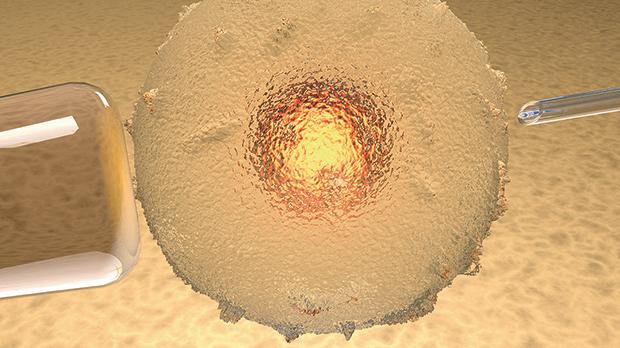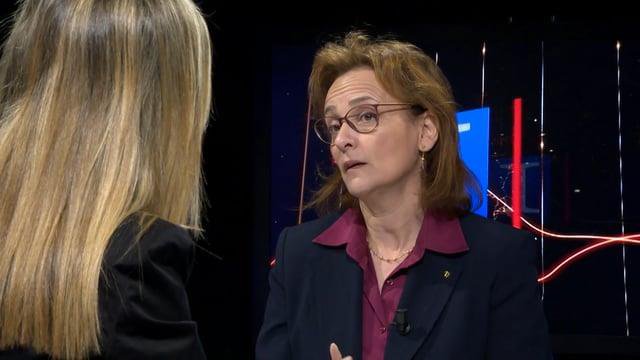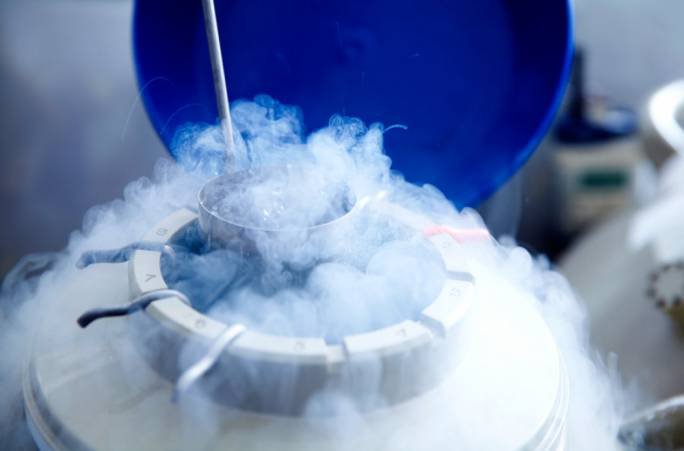Source Lovin Malta

You may have blinked and missed it, but yesterday heralded a not-unsubstantial change in the way all things fertility-related are to be regulated in Malta. The amended law on assisted reproduction was approved and passed and started being implemented as of 1st October.
What I will attempt to do is give you a little summary of what can and can’t be done in Malta from this point on, and what has actually changed. Once again, I’ll refrain from rhetoric and judgement. You’re all grown-ups and capable of forming your own opinions, however, the unfortunate (or fortunate) thing is, the die has been cast and this is the law that Maltese residents must abide by for the future.








